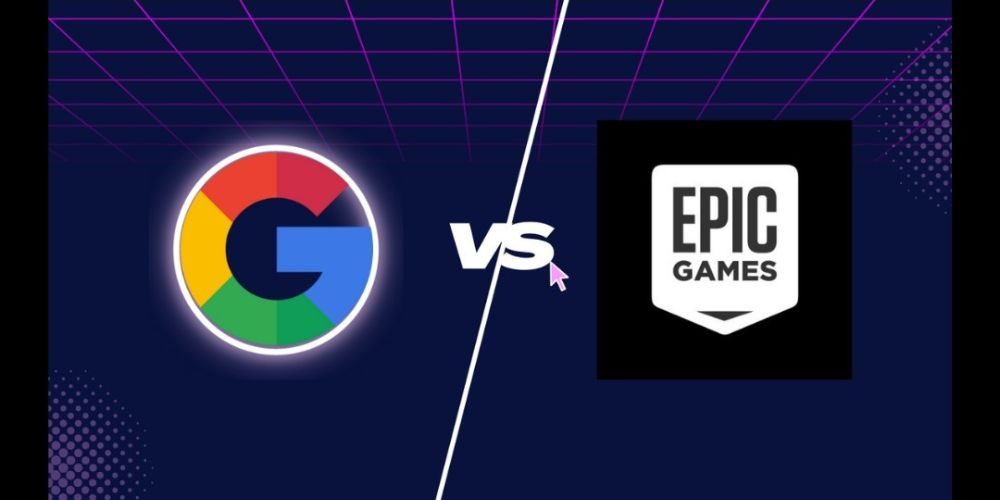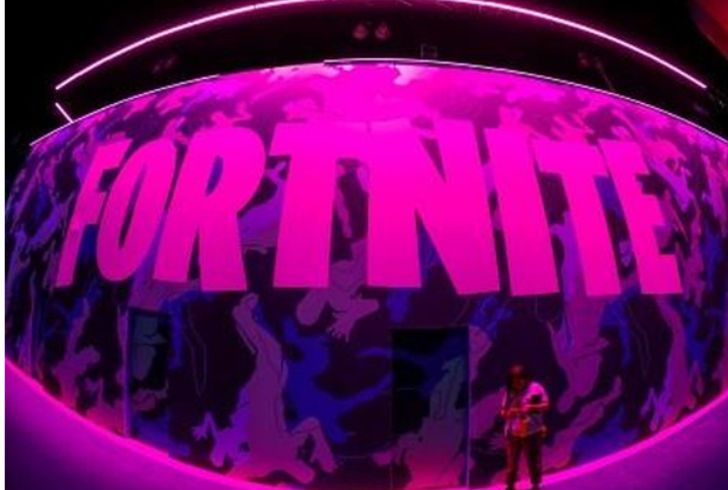
The Epic Battle: Unveiling the Epic vs. Google Legal Showdown

More in Legal Advice
-
`
Is Shawn Mendes’ Relationship With Camila Cabello Finally Clarified?
Recently, Shawn Mendes shared insights into his connection with Camila Cabello during an interview with Jay Shetty. Their relationship, which has...
October 15, 2024 -
`
China Stimulus Fuels Market Surge, But Can It Save the Ailing Economy?
The recent China stimulus measures have sparked renewed optimism in the markets, but doubts remain about whether these efforts will be...
October 10, 2024 -
`
Top 12 Little-Known Savings Tips for Cutting Expenses Fast
Are you looking for the best ways to save money? Saving money often feels like a daunting task, but it doesn’t...
October 10, 2024 -
`
Is Legal Advice from ChatGPT Trustworthy?
Legal advice from ChatGPT may seem like a convenient and cost-effective solution for those facing legal challenges. AI tools like ChatGPT...
October 5, 2024 -
`
James McAvoy’s “Rough” Celebrity Crush Encounter
James McAvoy recently opened up about a memorable yet awkward encounter with his celebrity crush, Jennifer Aniston. Promoting his latest film,...
September 29, 2024 -
`
Everything Business Owners Ought to Know About Staffing
Staffing your business is one of the most critical decisions you will make as a business owner. Whether you are just...
September 20, 2024 -
`
What Chiropractic Services or Products Are Taxable in the U.S.?
When considering sales taxes that come with chiropractors charge, it is important to understand that the rules vary widely by state....
September 13, 2024 -
`
How to Prevent Squatters While on Vacation?
Going on vacation should be a time of relaxation and adventure, not a cause for concern about what is happening back...
September 6, 2024 -
`
Ben Affleck and JLO Divorce – Why He Won’t Remove His Ring?
Given their status as Hollywood’s power couple, Ben Affleck and Jennifer Lopez’s relationship status continues to captivate public interest. Recent reports reveal...
August 26, 2024


















You must be logged in to post a comment Login